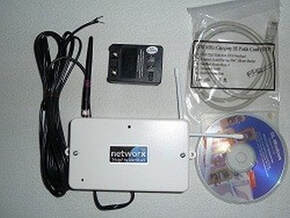
Basic Education
A formal secondary education isn't necessary to become a locksmith but most employers, clients and state governments often expect a locksmith to have at least a high school or general education diploma. A diploma serves as proof that a locksmith has at least the basic communication, reading and mathematics skills needed to perform the job. A locksmith must be able to properly communicate with customers and relay important information. Secondary institutions often offer vocational learning opportunities that can provide skills relevant to locksmiths, such as machining, electrical, driving and computer classes.
Apprenticeship
Locksmiths often learn their trade under master locksmiths serving as helpers who learn through observation and hands-on practice. Apprenticeship often lasts between a few months to more than a year. During this time, an apprentice locksmith picks up a variety of skills. The locksmith will learn to read blue prints and technical drawings, makes new and duplicate keys, replaces locks parts, changes combinations, disassembles locks and keeps records. He also learns how to use various tools, such as manual and electronic lock picks, car door openers, latches, drills and other equipment.
Certified Training
A locksmith may opt to take locksmith training through a certifying organization like the Associated Locksmiths of America or the Society of Professional Locksmiths. Courses are also available at community colleges as well. Once training is completed, the locksmith can take an exam to become a certified locksmith professional. Locksmiths can pursue training to prove their skills and security trustworthiness to employers or clients, or because the state where they plan to work or a federal agency requires certification for licensing purposes.
Other Training
Some locksmiths start out by learning locksmith skills as a hobby through independent trial and error, or with direction from another locksmith. Sometimes they pursue observational training by job shadowing to determine if they want to pursue a specific niche, such as automobile locksmith, safe service, or security system work. Additionally, locksmiths interested in self-employment often take additional classes in accounting, record keeping, business operations and management, sales, advertising and marketing.

